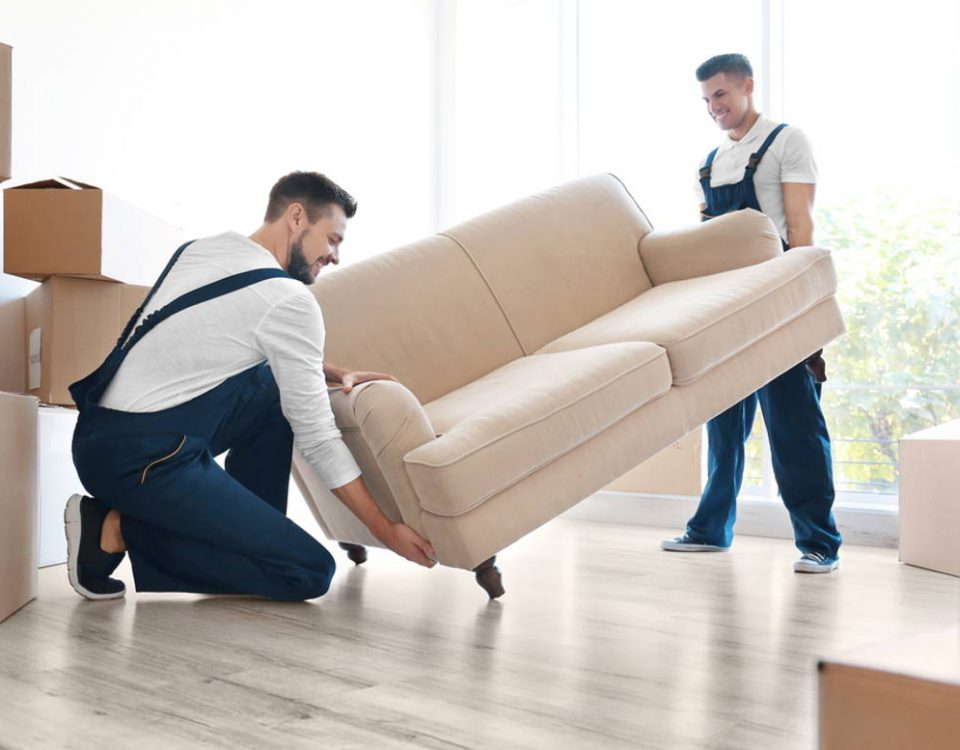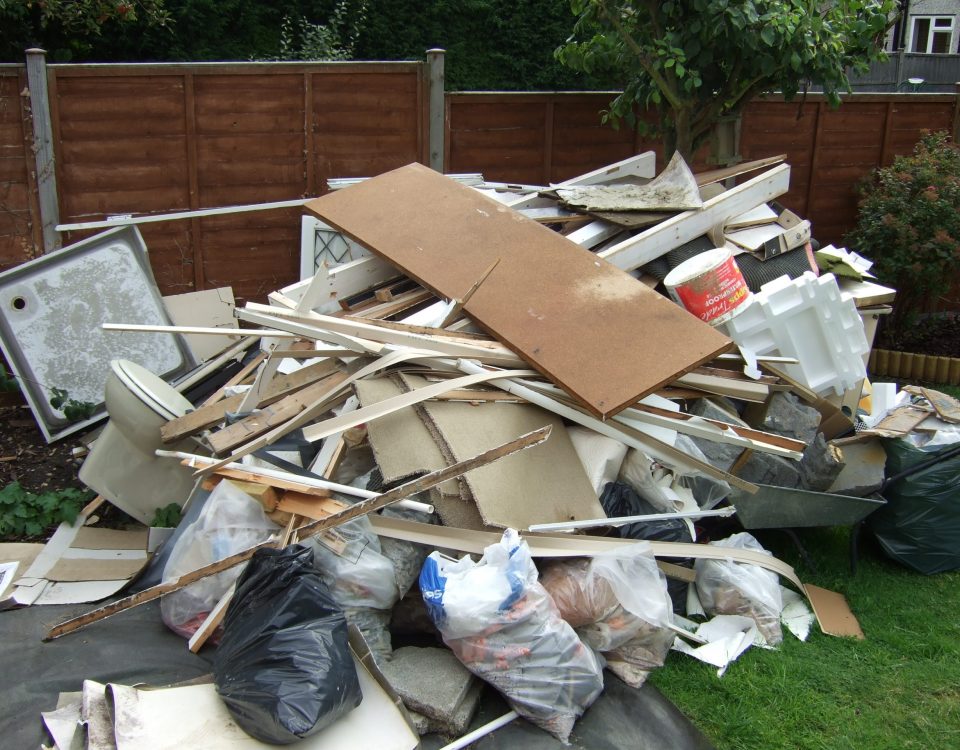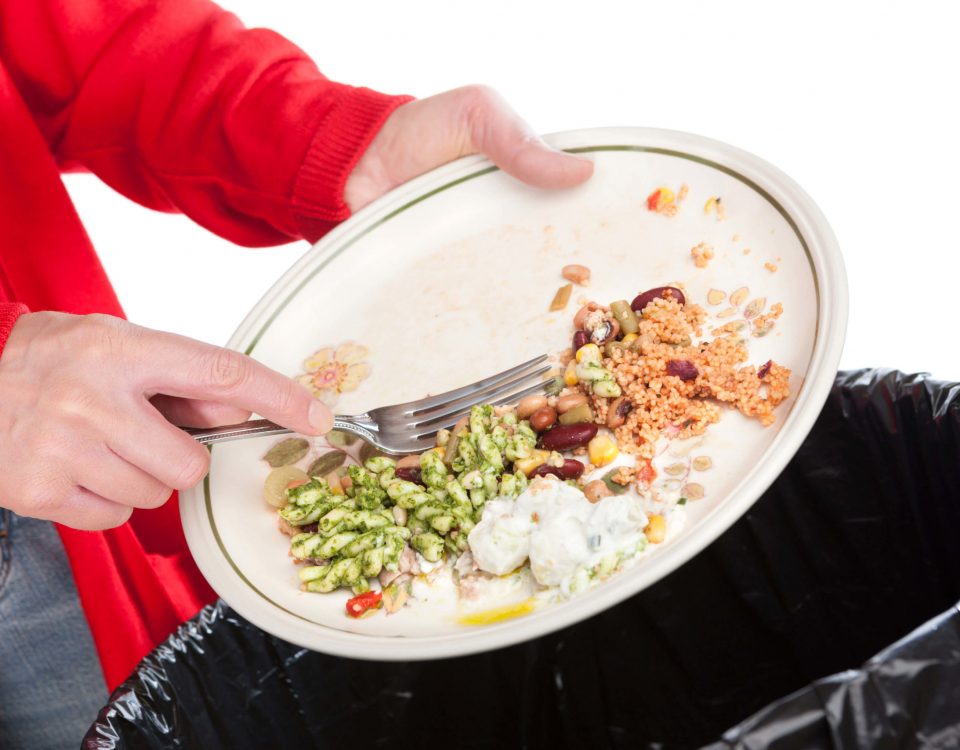In the UK we are a nation of hoarders. Many of us are unwilling to bin unused items that we have a staggering £48 billion worth of belongings hidden away in our homes, according to research by eBay – not to mention, a typical household hoarding items worth £1,784. So, to de-clutter your home and cash-in on your old electronics, you may be wondering how to dispose of electronics in the UK.
How To Dispose Of Electronics In The UK
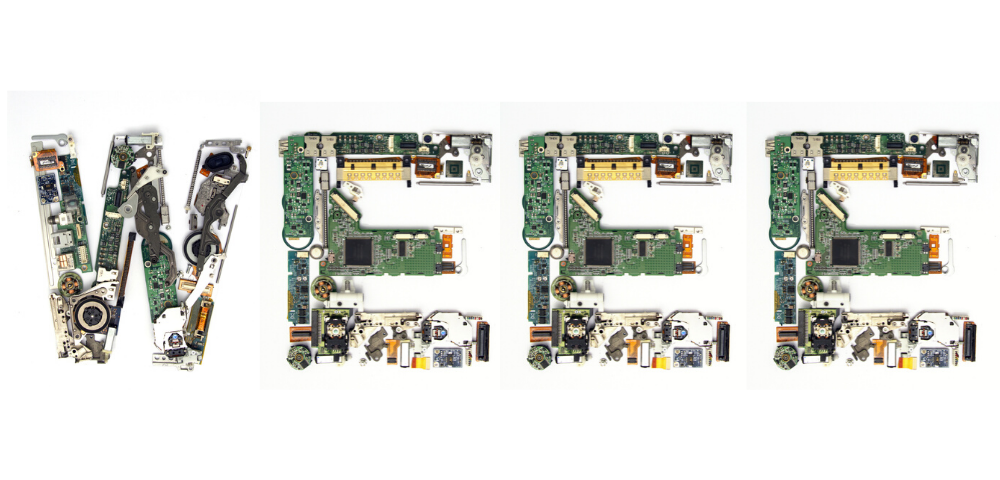
There are some easy options available to you when disposing of electronics:
- Pass it onto friends or family
- Find an online/offline trade-in service
- Sell it online via eBay, Gumtree or Shpock etc.
- Sell via social media (e.g. Facebook Marketplace, Depop etc.)
- Re-use it
- Give to charity (e.g. a women’s refuge centre or homeless centre)
- Recycle it
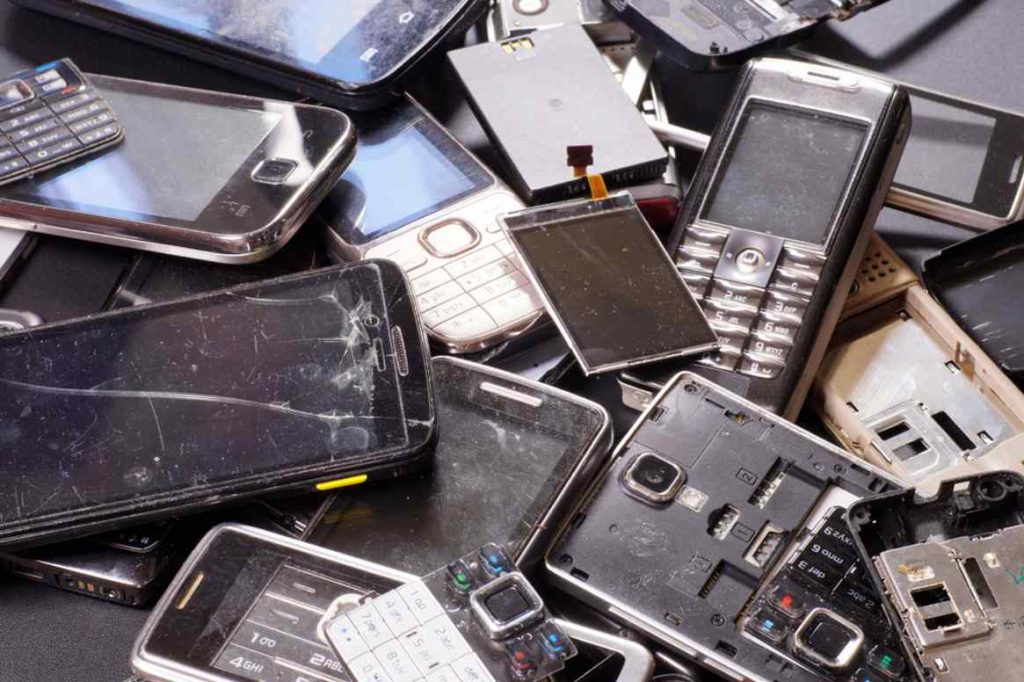
Photo credit: vladdon / Shutterstock
Cash-in on your old electronics
Instead of recycling your old electronics, you may want to earn some extra money quickly by trading in your items in exchange for money or a voucher. There are a number of trade-in websites and shops, including CeX and Cash Converters, which can be found on most local high streets and in close proximity to main towns. Depending on where you go, companies accept a range of items including kitchen appliances (toasters, microwaves etc.), old laptops, desktop computers, games consoles and, most commonly, mobile phones.
If convenience isn’t that important to you, you can get significantly more for your old electronics by selling them yourself. You can do this by selling online via websites like eBay, Gumtree or Shpock, or even social media such as Facebook Marketplace, Instagram or Depop – this may even bag you some more cash in the bank as you’re cutting out the middleman.
If you want to sell your electronic device, you must ensure that all of your personal information is wiped to avoid your data getting into the hands of the wrong people. The last thing you need is someone stealing your details and committing fraud. As a result, to reset your old electronic devices read this article on how to get personal data off your devices.
– What if my old electronic device is broken?
Most trade-in companies tend to offer one price for a fully functioning device and another if it’s damaged but still meets certain criterion – this is usually significantly lower than a working item.
Therefore, if your phone is cracked, your laptop has given up the ghost or your Xbox is beyond repair, you can still earn some money from your old electronics. This is because used gadgets are often refurbished or broken down into small components and sold individually to be reused in other electronic items or recycled be created into a brand-new component.
However, if your old electronic device is not worth refurbishing or stripping, there are some companies that will help you to dispose of electronics in a safe and environmentally friendly way. At Clear It Waste, we are able to help you with your WEEE disposal.
How to recycle electronics
It is vital that you never throw old electronic gadgets away. Of course you can get rid of your old electronic devices, but never place them directly into your bin to be sent to landfill. By doing this, your old electronics may leak hazardous and toxic chemicals into the soil, thus contaminating the land. As a result, it is vital to dispose of electronics properly to ensure this doesn’t happen.
Recycling of WEEE (waste electrical and electronic equipment) is a specialist part of the waste and recycling industry. Therefore, to ensure that your old electronics are recycled responsibly, you should follow the WEEE guidelines carefully.
According to Gov.uk, televisions, laptops, tablets and mobile phones with screens must be disposed of carefully and safely. This is because some components inside the electronic items are hazardous – lead, mercury and other substances can leech from old monitors and circuit boards – which means you are putting potentially toxic materials into the ground which can negatively affect people’s health as well as wildlife too.
Some hazardous components can include the following:
- Activated glass
- Phosphors
- CRT
- Fluorescent backlight
- Printed circuit boards containing nickel
- Capacitors
- Ni-Cd batteries for portable devices
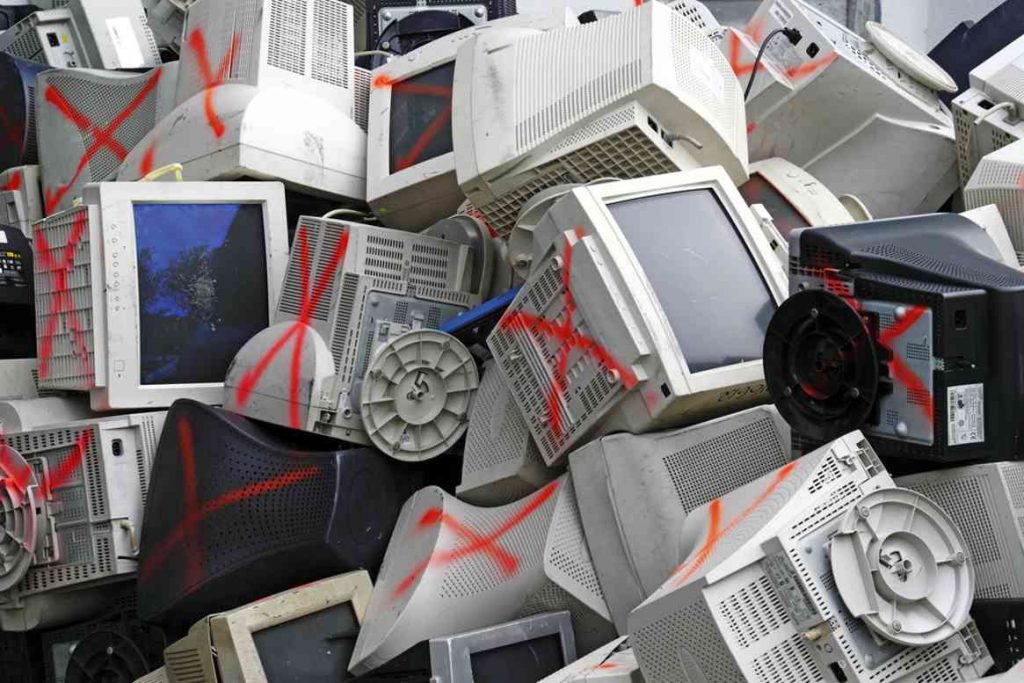
Photo credit: Gwoeii / Shutterstock
– Which parts of a gadget can be recycled?
We think of electronics as holistic devices so we’re sometimes not aware of what they are comprised of. Around 80% of a phone is recyclable for instance, so even if you have spare parts lying around, chances are they can be recycled. Specifically, the following parts can be recycled:
- Batteries – Most gadget batteries are made from Lithium Ion and are recycled in an oxygen-free mechanical process that separates it into its core elements of cobalt and lithium salt concrete, stainless steel, copper, aluminium and plastic.
- Bezel – The bezel of a gadget refers to any metal, plastic or other materials covering the exterior that doesn’t include its glass screen. These can be very valuable to sell, but by recycling you are also doing your bit in helping to be eco-friendlier!
- PCB boards (main boards) – These are the parts of electronics that look like a maze of wires and metal buttons, and they can be re-used if the materials are effectively extracted.
- Memory chips – Any gadget with a memory chip has the potential to be valuable. When extracted, materials that can be yielded include mercury, lead, iron, silver and even gold.
– What is the process for recycling electronic components?
The method of recycling components varies for each local recycling plant, so it is important to speak to your local recycling centre to be sure. As a general rule of thumb, most places include the following:
- Collection – Once you’ve agreed on a price for your old electronics or electronic components with the recycling company, you will then send them off.
- Shredding – Your electronic devices and components are shredded into small pieces to allow for more precise separation its components.
- Sorting and separating – A powerful magnet can separate any valuable metals from waste streams on a conveyor, allowing the useful materials to be reused/sold in the future.
If you are worrying about how to dispose of electronics safely in your local area, it is best to check your local council’s rules to find out what can be recycled, to avoid unintentionally recycling the wrong items. You can check this out via the Recycle Now website, which gives you detailed information about what you should and shouldn’t do, as well as a list of the best places to dispose of your electronic goods nearest to your location.
Which European country produces the most e-waste per household?
To find out which European country produces the most e-waste per household, we utilised e-waste data from the Global E-Waste Statistics Partnership and household composition data from the United Nations to identify who produces the most e-waste on average per household each year.
We found that Norwegians are the biggest culprits in Europe when it comes to e-waste, as the average amount generated per household is 57kg annually.
The UK is in second position as British households are guilty of producing 55kg of e-waste per year.
Irish households produce an average of 52.4kg of e-waste every year and therefore are in third spot. Whilst in fourth place is Switzerland who generate 51.5kg of e-waste per household.
Other European countries whose households produce more than 45kg of e-waste include
- Spain (49.4kg)
- Netherlands (47.5kg)
- Cyprus (47kg)
- France (46.2kg)
- Luxembourg (45.4kg)
At the other end of the scale is Moldova who generate the least amount of e-waste in Europe, at an average of 11.6kg per household each year. Coming after Moldova is Ukraine, with the country producing an average of 19.3kg of e-waste per household.
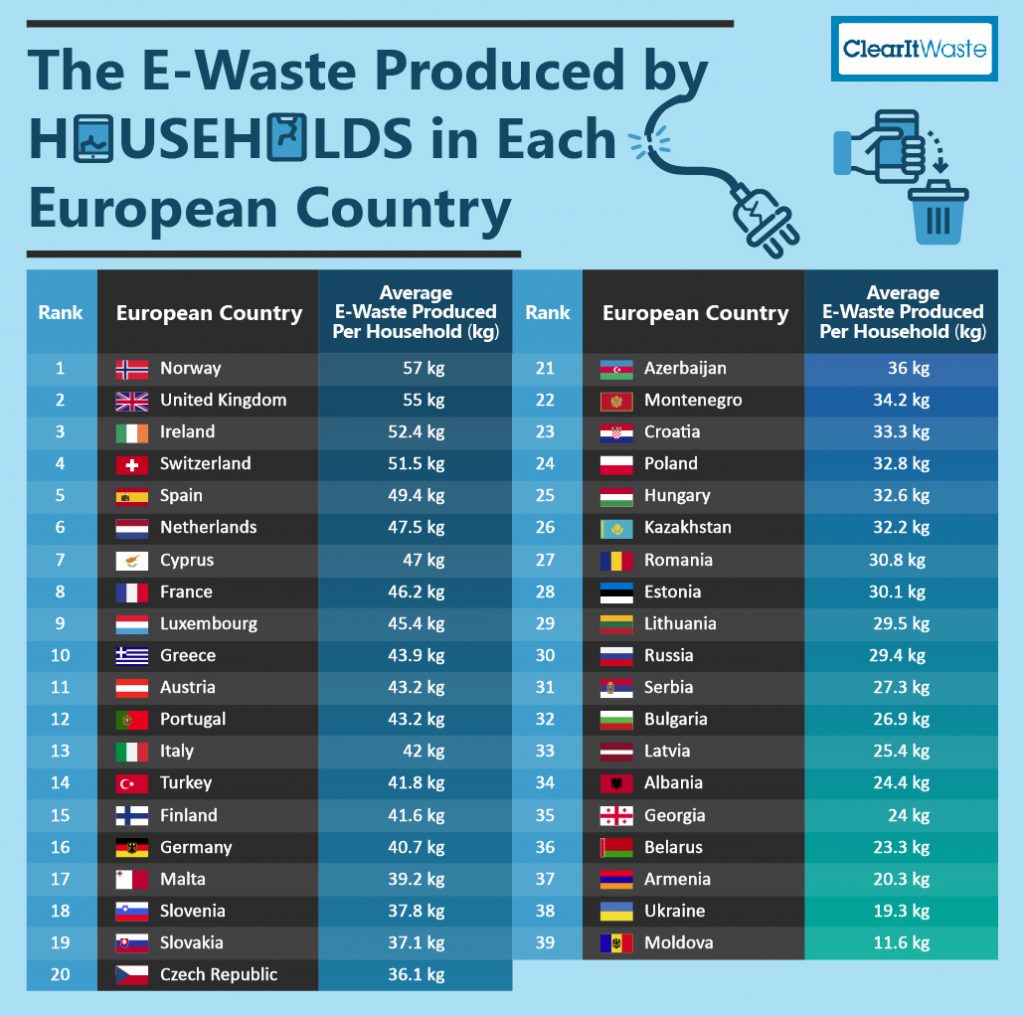
Feature image credit: charles taylor / Shutterstock

1.
Get in touch for your free, no-obligation quote.

2.
Book your collection online or with our friendly team.

3.
We collect your waste and leave your area clean and tidy.


